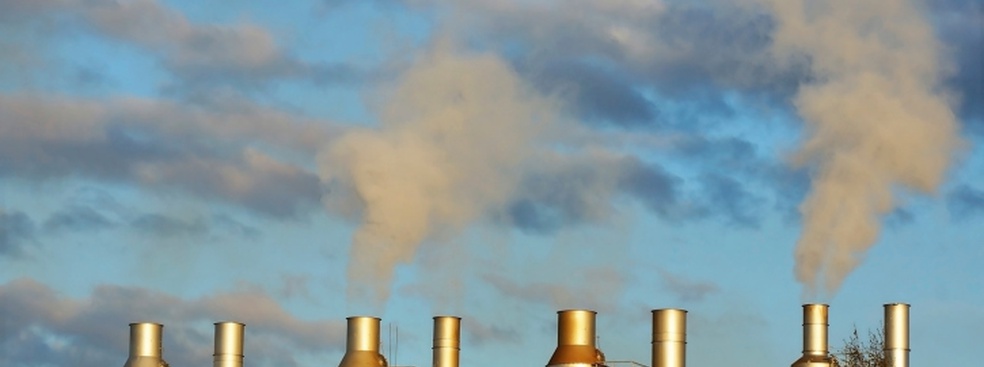In a bid to calm public outcry over mounting tax burdens, France’s Hollande government is backpedaling – at least for the time being – on a planned eco-tax. On the other side of the world, Australia is taking steps to repeal their existing carbon tax program. But this doesn’t mean it’s time to throw concept out, says In fact, in a study published early this November, the OECD has reaffirmed its faith in Polluter Pays systems and proposes “Effective Carbon Prices” for cost effective policies.
Carbon taxes are still a good tool for lowering greenhouse gas emissions. That said, it could be easy to see why they’re so unpopular. The French government, amongst others, will have a big job on their hands if they want to make the system a fair and transparent one.
A carbon tax’s biggest flaw is its visibility
On the one hand, political speeches focus on making unsustainable business pay for their negative impact on the health and welfare of consumers. On the other hand, carbon taxes usually mean an immediate price increase for the consumer. Consumers are hearing one thing and seeing another so there’s a communication breakdown at the root of the eco-tax debate. It’s easy then to understand why French Think Tank l’Institut Montaigne recently gauged French reluctance to accept an eco-tax at 57%.
Indeed, it’s not always the polluter who pays. In economics, pollution is regarded as a ‘negative externality’: when the welfare of A is affected by the actions of B without compensation. However, it’s not really that simple: companies produce goods from which consumers, shareholders and employees, also benefit.
In other words, in a polluter pays system, the consumer still foots a big part of the bill as companies like energy providers pass on the expense. They see this right away and feel their purse strings tighten. On the other hand, any investment in offshore wind farms, for example, won’t be visible to them for years. So while eco-taxes do give businesses and individuals the incentive and/or pressure to adopt more sustainable practices, they’re not always an easy sell.
Revenue recycling is its biggest asset
Unlike regulatory maneuvers, eco-taxes have great revenue-recycling potential: they bring in moneys that can be redirected to green initiatives. This is what François Hollande is counting on, and why it’s so important that he gets the French eco-tax back on the table. While the plan is on hold, the state budget has been deprived of nearly 1 billion euros that would have gone to finance transport infrastructure.
How this recycled revenue will be spent is a big question. The government needs to respond to injustices as poorer families are more deeply affected, and may not have eco alternatives at their disposal. It’s all well and good to say that EDF will compensate clients who use solar panels, but solar panels are not an option for every income or situation. Recycled revenues should respond to the concerns and needs of families at risk, first and foremost and provide them with energy and transportation alternative.









